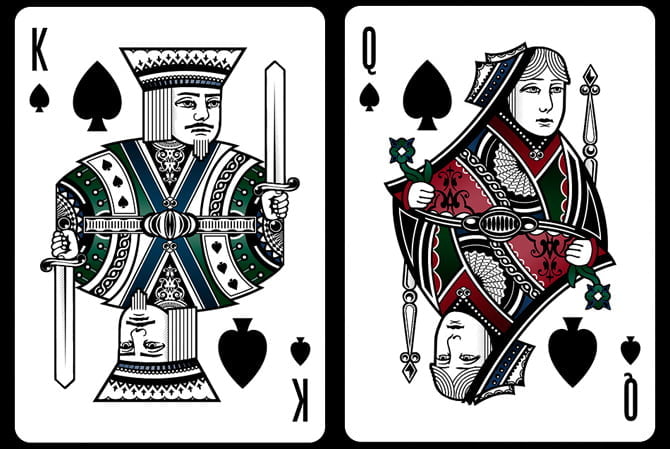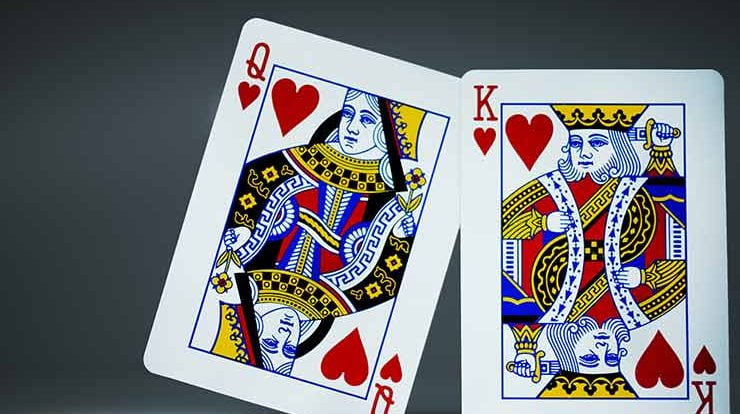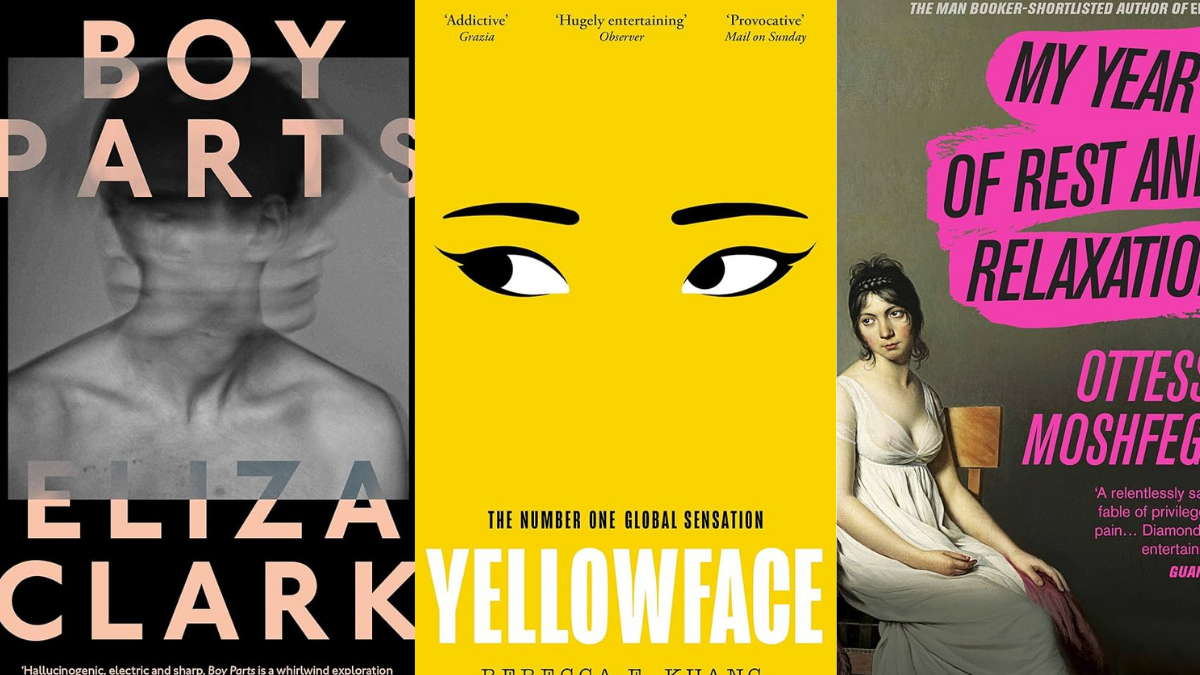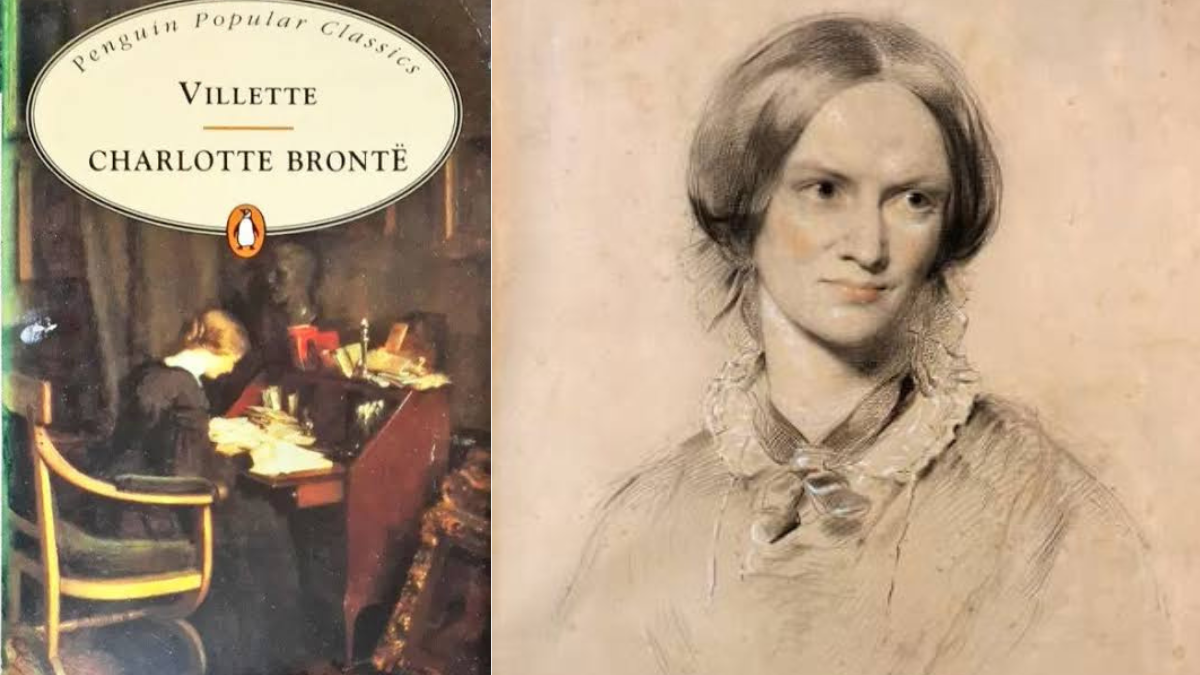Playing a game of cards at sundown over tea with my family has become a preeminent part of my quarantined life. As much as I love playing cards, I was always dismayed by the antediluvian hierarchy of the face cards where the Queen is always worth less than the King. Though some may argue that the cards in a deck have no ranking, and each game can set its own rankings for the cards, but nevertheless the fact remains that the King is the highest-ranking face card, and always outplays the Queen.
I know, I know, it’s just a game and I should take it easy but isn’t this just another classic example of patriarchy?

Yes, I also get the logic that they were made some 1000 years back when only kings ruled the world, so yes, in that era, this might be rightfully acceptable but, why does it have to continue to represent our realities when apparently we are pushing for gender equality in all spheres of our life? Also, it might appear as a first world problem to some, with little relevance among the greater issues like equal pay but these little things that we use in our daily life echo our belief systems and deep-rooted gender-stereotypes which form the basis of our society. Shouldn’t the things that we use in our daily discourse represent our ideals of equality and diversity?
Unfortunately, even in 2020 when womxn are heading countries, companies and driving the economy, we still have these archaic sets of cards upholding gender binary and inequality.
We need to take representation very seriously if we wish for an equitable society and constantly seek out new ways for identification and representation that upholds our values of equality and equity. This hierarchy of gender representation in the deck of cards where the Queen’s value is less than the King is profoundly antithetical to our equality ideals and subtly reinforces legitimization of the heteronormative patriarchal status.
A Brief (Patriarchal) History of the Deck of Cards
The origin of playing cards is shrouded in uncertainty and conjecture, where multiple countries lay claim to its invention. The most legit premise is that the deck of cards was invented in China, during the Tang dynasty. The Tang dynasty of the 9th century AD, Princess Tongchang is said to have played the “leaf game”. Instead of the true cards, it was probably a paper form of dominoes.
Historical evidence suggests that playing cards began to appear in Europe in the late 1300s and early 1400s. The court cards (face) from the late 14th century decks in Italy typically included a mounted King, a seated and crowned Queen, plus a Knave. In this deck, the Knave is considered to be a royal servant, although the character could also represent a “prince”, and would later be called a Jack to avoid confusion with the King. The Spanish adopted a different version of playing cards, where they replaced Queens with mounted Knights or Caballeros. On the other hand, Germans excluded Queens completely from their decks, dividing face cards into König (king), Obermann (upper man), and Untermann (lower man)—today’s Jacks. It was in France during the mid-15th-century that playing cards became super popular that invented the suits and court cards (face cards) that most countries use today.
In those times when the countries were headed by a king, this hierarchy would have been acceptable (though unfair even then) but in today’s time and age, it is completely dysfunctional.
Also read: Rani Durgavati: The Valiant Gond Queen | #IndianWomenInHistory
Making a Difference

In 2017, an Australian living in New York, Mark Gilray, created the first-ever set of playing cards where female ‘face cards’ were not outranked by men. Then, very recently, an Israeli teenager, Maayan Segal has also launched a project called ‘Queeng’ to renovate the classic deck of cards to represent gender equality. This brand-new deck of cards instead of Kings, Queens and Jacks as used in normal playing card decks, uses Monarchs, Duchesses and Dukes as well as Prince and Princesses, and even a female Joker so that the high cards in the deck’s hierarchy could be both male and female.
Dear society, the change will not happen and gender-equality will remain a distant dream if we are not conscious about the inequality that translates into our everyday life. Before things, it is our thought processes that need to be changed. However, the major difficulty with changing such a belief system is that patriarchy has seeped into the smallest nooks of our culture. To bring out inclusivity in our everyday discourse, we need to be conscious of gender-neutrality. It needs to be a part of our language, our infrastructure, and the everyday things that we use and see.
Towards a Better Tomorrow
Gender inequality in the deck of cards is far from real life issues but the point here is that the representation matters. The problem herewith is representation of gender or the discourse of gender leading to a restrictive or a normative belief that men are superior to women. It is highly improbable to think that such a kind of representation does not affect people. It has an exceedingly adverse impact on their way of thinking and the way they perceive the world and themselves.
Dear society, the change will not happen and gender-equality will remain a distant dream if we are not conscious about the inequality that translates into our everyday life. Before things, it is our thought processes that need to be changed. However, the major difficulty with changing such a belief system is that patriarchy has seeped into the smallest nooks of our culture. To bring out inclusivity in our everyday discourse, we need to be conscious of gender-neutrality. It needs to be a part of our language, our infrastructure and the everyday things we use and see.
We need to take representation very seriously if we wish for an equitable society and constantly seek out new ways for identification and representation that upholds our values of equality and equity. This hierarchy of gender representation in the deck of cards where the Queen’s value is less than the King is profoundly antithetical to our equality ideals and subtly reinforces legitimization of the heteronormative patriarchal status.
Also read: Vani Vilasa Sannidhana: The Queen Who Led Mysore’s Way To Prosperity | #IndianWomenInHistory
It is about time that we see through these unequal representations and stop accepting and normalizing male dominance. It is about time that we introduce a new set of playing cards that are not weighed down by our patriarchal notions and beliefs and are truly representative of our times and devoid of gender-bias!
Featured Image Source: Rummy Card Game Online
About the author(s)
Vanita is a lawyer by training and writes stories at the intersection of business & public policy, law, regulations and building inclusive workplaces. She is a Staff Writer for The Ken.





Good one
A very apt callout. These small things are the basic building blocks of our thinking as an individual and as a society at whole….